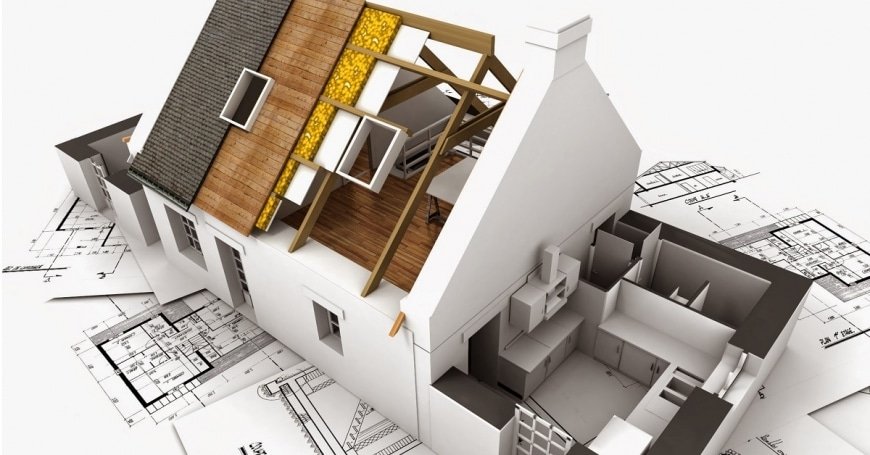
Obtaining a builder’s license in New South Wales (NSW) is essential for those wishing to undertake building and construction work legally within the state. The licensing process ensures that only qualified and competent individuals can provide building services, thereby safeguarding the interests of clients and maintaining industry standards. This article outlines the key requirements for securing a builder’s license in NSW.
Why a Builder’s License is Essential
A builder’s license is crucial for ensuring that construction work is carried out by professionals who adhere to safety regulations and quality standards. It is also a legal requirement for anyone wanting to manage or contract building projects. Operating without a valid license can result in substantial fines and legal issues.
Types of Builder’s Licenses in NSW
In NSW, several types of builder’s licenses are available, each catering to different aspects of the building and construction industry. These include:
- Contractor License: Required for those managing building projects or hiring subcontractors.
- Qualified Supervisor License: Needed for individuals supervising building work.
- Builder License (Class 1 and 2): For those who wish to engage in building work for residential or commercial projects.
Key Requirements for Obtaining a Builder’s License in NSW
1. Qualifications and Experience
To apply for a builder’s license, applicants must demonstrate appropriate qualifications and experience. This generally includes:
- Relevant Qualifications: Completing a recognized qualification in building and construction, such as a Certificate IV in Building and Construction or a Diploma of Building and Construction.
- Work Experience: Gaining practical experience in the building industry. Typically, this involves several years of hands-on work and may need to be verified by previous employers or industry references.
2. Insurance Requirements
Applicants must also provide evidence of adequate insurance coverage, which includes:
- Home Warranty Insurance: Required for residential building work, ensuring protection for homeowners against incomplete or defective work.
- Public Liability Insurance: Covers any damage or injury caused to third parties during the construction process.
3. Knowledge of Building Codes and Legislation
Understanding and complying with the relevant building codes, standards, and legislation is essential. Applicants must be knowledgeable about:
- NSW Building Code: The regulations that govern construction practices and safety standards.
- Environmental Planning and Assessment Act 1979: Governs land use and development planning.
- Home Building Act 1989: Regulates residential building contracts and warranties.
4. Financial Requirements
Demonstrating financial stability is crucial, as it reflects the applicant’s ability to manage construction projects effectively. This includes:
- Financial Statement: Providing a recent financial statement or proof of financial capacity.
- Bond or Security Deposit: Some licenses may require a bond or deposit to ensure compliance with regulations and to cover potential liabilities.
5. Application Process
The application process for a builder’s license involves:
- Submitting an Application: Completing and submitting the relevant forms to the NSW Fair Trading.
- Paying Fees: Paying the required application and licensing fees.
- Undergoing a Background Check: This may include checking for any past disciplinary actions or criminal records related to the building industry.
6. Continuing Professional Development
License holders are required to engage in continuing professional development to stay updated with industry changes and maintain their knowledge of building practices.
Conclusion
Securing a builder’s license in NSW involves meeting specific qualifications, gaining relevant experience, ensuring insurance coverage, and understanding the legal and financial aspects of the building industry. By adhering to these requirements, individuals can ensure they are well-prepared to undertake building projects and maintain high standards of safety and quality in construction.
For further information and to begin the application process, applicants should contact NSW Fair Trading or visit their website for detailed guidance on the licensing requirements and procedures.